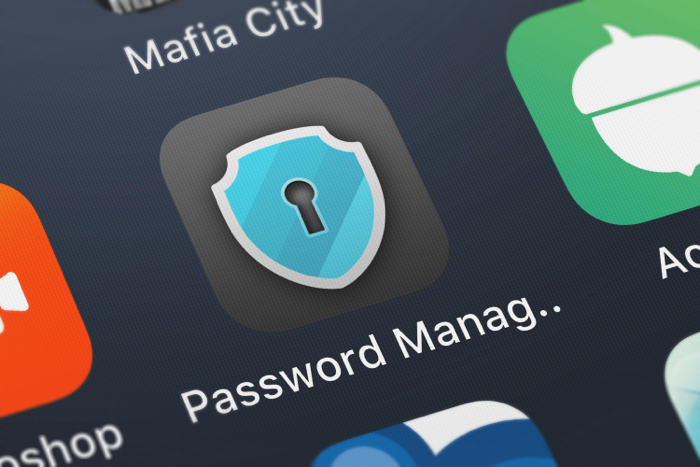Are you struggling to remember all your passwords? Do you find yourself writing down the same password for multiple accounts and websites? If so, it's time to consider using a password manager. With a good understanding of what a password manager is and how it works, you can take control of your online security in no time!
A password manager is an application or software program that securely stores usernames and passwords for various sites and applications. It allows users to generate strong passwords and store them in one secure location instead of having to memorize or write them down. Password managers also provide additional features such as two-factor authentication and automated form filling which make logging into different services much easier. Not only does this help keep your data safe, but it saves you time by eliminating the need to manually type out long passwords every time you want to access a website online.
The use of a password manager ensures that your sensitive information remains private and secure, even if someone were to gain access to one of your accounts. By taking advantage of these tools, you can easily manage multiple accounts while keeping everything organized in one place. So why not give it a try? You’ll be surprised at just how convenient they can be!
Benefits Of Using A Password Manager
A password manager is a great way to keep track of all your passwords and usernames in one secure place. It makes it easier for you to remember your login credentials, plus it adds an extra layer of protection against hackers. With a password manager, you no longer need to worry about forgetting passwords or entering incorrect ones into websites; everything will be stored securely.
The first major benefit of using a password manager is that it allows users to create complex passwords which are difficult for hackers to guess. This means that even if someone were able to access your account, they would still have difficulty breaking through the strong encryption used by the software. Furthermore, some managers also offer two-factor authentication which provides additional security measures such as requiring users to enter their fingerprint or face ID before being able to gain access.
Finally, most modern password managers provide additional features such as auto-fill forms and alert notifications when suspicious activity occurs on any of your accounts. These features make managing multiple logins much simpler and more convenient than having to manually type them out each time you use a website or app. Plus, with cloud sync capabilities across devices, you can easily access your information from anywhere at any time without worrying about losing data due to hardware malfunctions or accidental deletion.
Are Password Managers safe?
Password managers have become increasingly popular in recent years as people look for ways to manage their passwords more efficiently and securely. While there is always a risk associated with storing passwords online, password managers are generally considered safe. In fact, many security experts recommend using password managers as a way to improve online security.
One reason password managers are considered safe is that they use encryption to protect your data. This means your passwords are stored in an encrypted format, which can only be decrypted with your master password. Additionally, many password managers also use two-factor authentication, which requires you to provide a second form of identification, such as a fingerprint or a code sent to your phone, to access your account. These security features make it difficult for hackers to access your passwords, even if they manage to gain access to your account.
What Kind Of Password Managers Are There
When it comes to choosing a password manager, there are many options available. Some popular choices include LastPass, 1Password, Dashlane, and RoboForm. Each of these programs offers different features depending on the user's specific needs. For example, some may offer two-factor authentication or biometric access while others may provide additional encryption layers or automatic backups. Additionally, some services also offer cloud storage capabilities so users can sync their data across multiple devices.
No matter which option is chosen, using a password manager provides numerous benefits such as improved security, convenience, and peace of mind knowing that your personal information remains safe from malicious attacks online.
Conclusion
We believe that password managers are an essential tool for safe online browsing. They can help protect users from the threat of data breaches, phishing attacks, and other malicious activities. Using a password manager allows you to generate secure passwords without having to remember them all yourself, ensuring your accounts remain secure even if one gets compromised. They’re usually free or low-cost, and there are several different types available so it’s easy to find one that suits your requirements.

